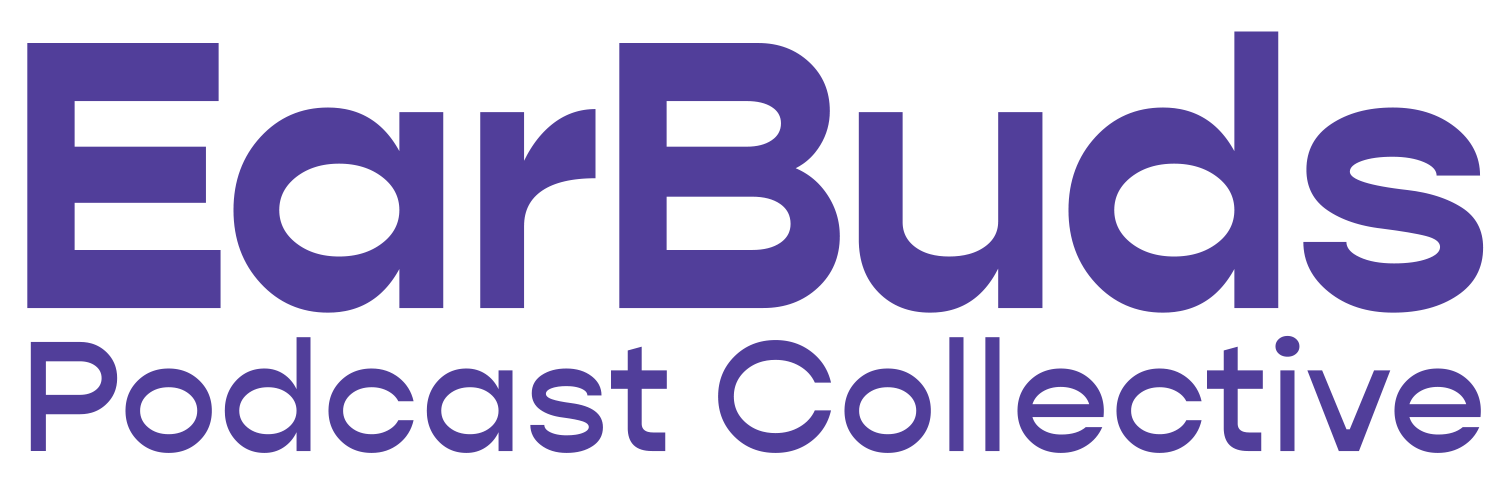Podcast | A Chat With the Host of NPR Embedded’s new series, “Embedded: Alternate Realities”
Interview by Andreea Coscai, EarBuds Newsletter & Community Coordinator
Zach Mack and his dad are living in separate realities, and it's tearing their family apart. Like so many Americans, Zach's dad has gotten swept up in conspiracy theories. After years of circular arguments, the father challenged his son to a bet: $10,000 on ten politically apocalyptic predictions that he believed would all happen in 2024.
Alternate Realities is a three-part series that follow Zach on an intimate journey to bring his father back from the rabbit hole of conspiracy theories and other extreme right political talking points.
Zach Mack is an award-winning podcast maker and pop culture obsessive who has worked with This American Life, NPR, Vox Media, and The Ringer. In his free time, he loves traveling the world, cooking spicy vegetarian food, and watching snobby Oscar films in boutique theaters around NYC.
I spoke to him for the EarBuds blog about his new show.
Alternate Realities - podcast cover
Andreea Coscai: How did you decide to take this personal story to the public? Was there a moment when you knew you had to document your family’s experience?
Zach Mack: I knew that people would relate to this story—that we all know someone who has gone down the conspiracy rabbit hole and that this story had something to offer.
But bringing my family into the public? That part has been difficult. I wrestled with whether or not I should. I fought for my parents to remain anonymous, and they are not mentioned by name. That was a non-negotiable for me. I also had the full support of my mom, sister, and father. My dad, in particular, was actively excited to be a part of the show and engage with me throughout the year. We’ve actually had deeper conversations than ever before and have grown closer through this experience.
AC: Many people have struggled with conspiracy theories affecting their loved ones. What was the hardest part of navigating this with your dad while also making a podcast about it?
ZM: I think the hardest part is being around someone you love and watching their grasp on reality shift. Suddenly, they don’t share the same reality as you. That’s incredibly isolating.
Zachary Mack
AC: The bet you made with your dad—10 prophecies for $10,000—is such an interesting premise. How did that idea come about, and did you ever regret making it?
ZM: Ya know, my father and I are not big gamblers, nor are we rich, so this felt pretty unconventional for us. But no, I don’t regret it. It gave us a clear way to determine who was right and who was wrong, and I think that structure proved to be very helpful.
AC: What surprised you the most about how religion and conspiracy theories connected in your father's beliefs?
ZM: Seeing that so much of this comes through my father’s faith—but then looking at his predictions and realizing that what he’s been saying feels so political, seemingly disconnected from God or religion. It’s all become this big tangled mess. And these online “prophets” he follows make bold proclamations that never seem to come true…
AC: The decision to not name your parents—but instead refer to them as "Mom" and "Dad"—how was that made and by whom?
ZM: I made that call. It was a sticking point from the beginning—if I was going to do the series, they wouldn’t be named. Early in negotiations, that was one of the terms I laid out.
AC: As someone who has worked on hit shows, did making something this personal change your approach to storytelling?
ZM: It’s been incredibly challenging and very different from what I usually do. I’m used to reporting on tech, pop culture—things that have nothing to do with me. Mining my own life and emotions for this story was difficult, but I knew it was important.
I think I’ve learned a lot about my own writing style, and I could see myself making more personal work in the future. But after a break. I need a break—haha.
AC: If a listener is dealing with a family member who has fallen deep into conspiracy theories, do you have any advice for them? Do you recommend the way you and your family navigated the situation?
ZM: Every situation is different, and family dynamics vary, so there’s no one-size-fits-all advice. I tried to be as loving and empathetic as possible. I approached my dad with curiosity—why did he come to believe these things? What purpose were these beliefs serving for him?
Because, most of the time, it’s not just about reading the wrong thing. Conspiracies often help people cope with something deeper. So be curious. Ask questions. Read books and research. Winning the argument probably won’t get you anywhere.
And most importantly—take care of yourself. You may never be able to pull them out of that rabbit hole, as sad as that sounds.


